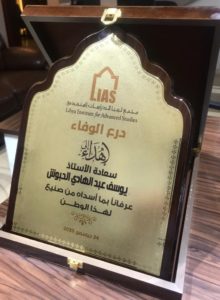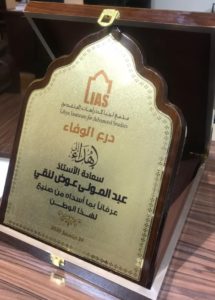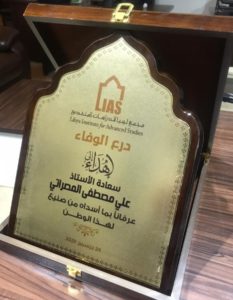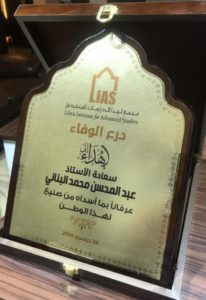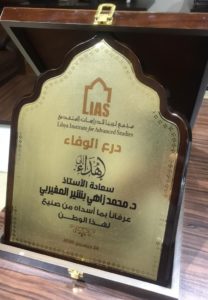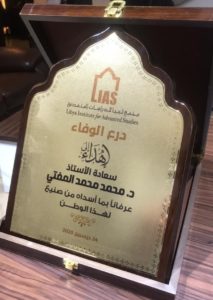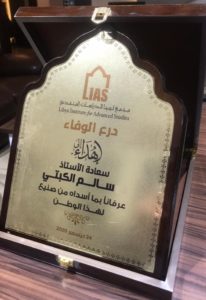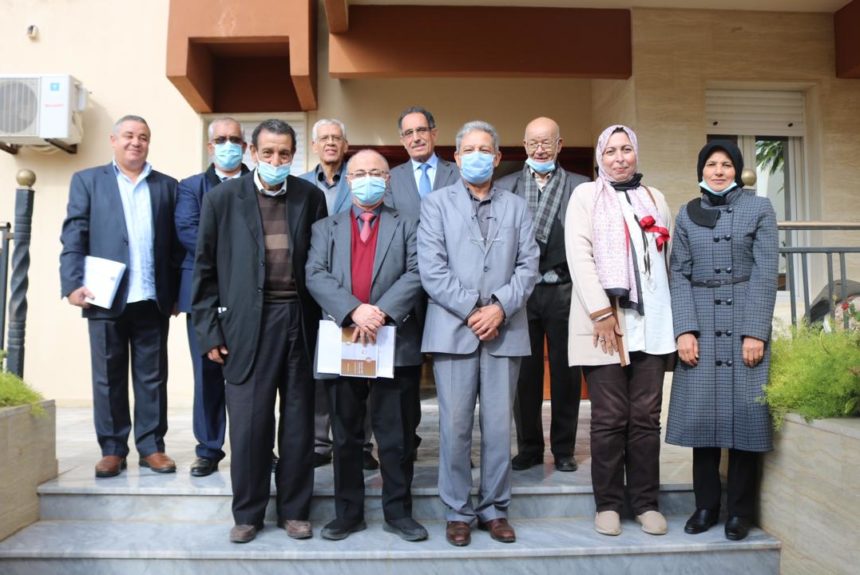On the occasion of the sixty-ninth anniversary of Libya’s independence, to commemorate this day, the Libya Academy for Advanced Studies held a scientific symposium, announced months ago, entitled: Libyan Independence and the United Nations, a symposium on Adrian Belt’s book.
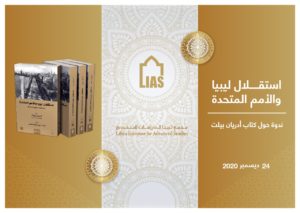
This is because the United Nations Commissioner in Libya, Mr. Adrian Belt [1892 – 1981], wrote a book about the stage of Libyan independence, the main idea of which revolves around the method of achieving independence in Libya. It includes an account of the events that led to the establishment of the independent Libyan state, and the stage of decolonization, and provides an analysis An in-depth and detailed account of the processes and interactions between the various parties that ultimately resulted in the drafting of the country’s constitution and the declaration of Libya as a unified and independent state on December 24, 1951 AD.
The first edition of the book was printed in English in 1970 AD, and the second edition was issued by the Libyan Studies Center at the Libya Academy for Advanced Studies in cooperation with the Kalam Foundation for Research and Media in 2016 AD.
The Arabic translation of this book was issued in July of this year 2020 for the first time, as part of the publications of the Libya Institute for Advanced Studies by publishing the first Arabic translation of this book, entitled: “Libyan Independence and the United Nations: A Case of Systematic Decolonization,” translated by Prof. Dr. Muhammad Zahi Bashir Al-Mughairbi, professor of political science at the University of Benghazi. The book consists of four volumes, consisting of 1,740 pages.
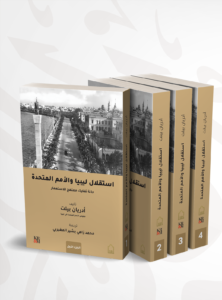
This symposium is to involve researchers, professors, and writers in studying, analyzing, discussing, and criticizing Adrian Belt’s book, and to reflect on the relationship between the past and the present on the issue of independence and the current situation, to celebrate the anniversary of independence, to celebrate the publication of this book, and to honor its translator, Professor Dr. Muhammad Zahi Bashir Al-Mughairbi, and through it honor all efforts. Spent effort in science, translation, creativity, and service to the nation.
The symposium was held this morning, December 24, 2020, in the city of Benghazi, in the hall of the Libya Academy for Advanced Studies, in the presence of a group of supervising professors and participants in this symposium, and the rest of the participants in the various cities of Libya and abroad also participated via the Zoom platform, in order to maintain social distancing and protect themselves from the Covid pandemic. 2019.
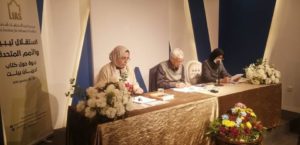
A group of university professors and interested parties from various cities in Libya participated in this symposium, from various universities and institutions, such as: University of Benghazi, Al-Marqab University, Al-Zawiya University, Tobruk University, Omar Al-Mukhtar University, Sirte University, Bani Walid University, Sabratha University, and the Ministry of Foreign Affairs, And the General Tourism Authority.
The research papers dealt with various topics, through Adrian Belt’s book, which included the debates about Libya’s independence in the corridors of the United Nations, a study of the technical assistance aspect of the United Nations, the United Nations Advisory Council, the position of the Arab League and its Secretary on independence, the engineering of the international establishment project, and international historical developments. The state of independence, the political geography of Libya and its impact on the political and legal structure, the international scenes and local aspirations, improving health conditions, the impact of the law on independence, and the attempt to link independence with reality and ambition.
In addition to the translation by the translator Dr. Zahi Al-Mughairbi and his journey with this book, translation, terminology, phrases, and wording.
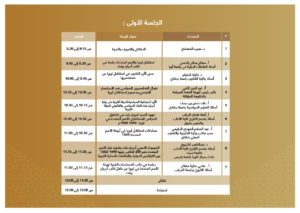
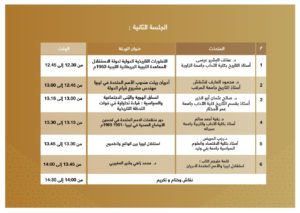
The Academy displayed a mini-exhibition of its books and letters on the sidelines of the symposium.
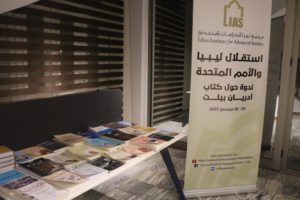
On this occasion, the Libya Academy for Advanced Studies honored a group of figures who presented cultural, scientific, historical, and research creativity in Libya (and in view of the pandemic, shields and publications will be sent to them), led by Professor Abdul Mawla Lenqi, Professor Salem Al-Kabti, Dr. Muhammad Al-Mufti, Professor Youssef Al-Habush, and Professor Ali Mustafa Al-Misrati, and Professor Dr. Muhammad Zahi Bashir Al-Mughairbi, in gratitude for the valuable work and time they have given to this country.
